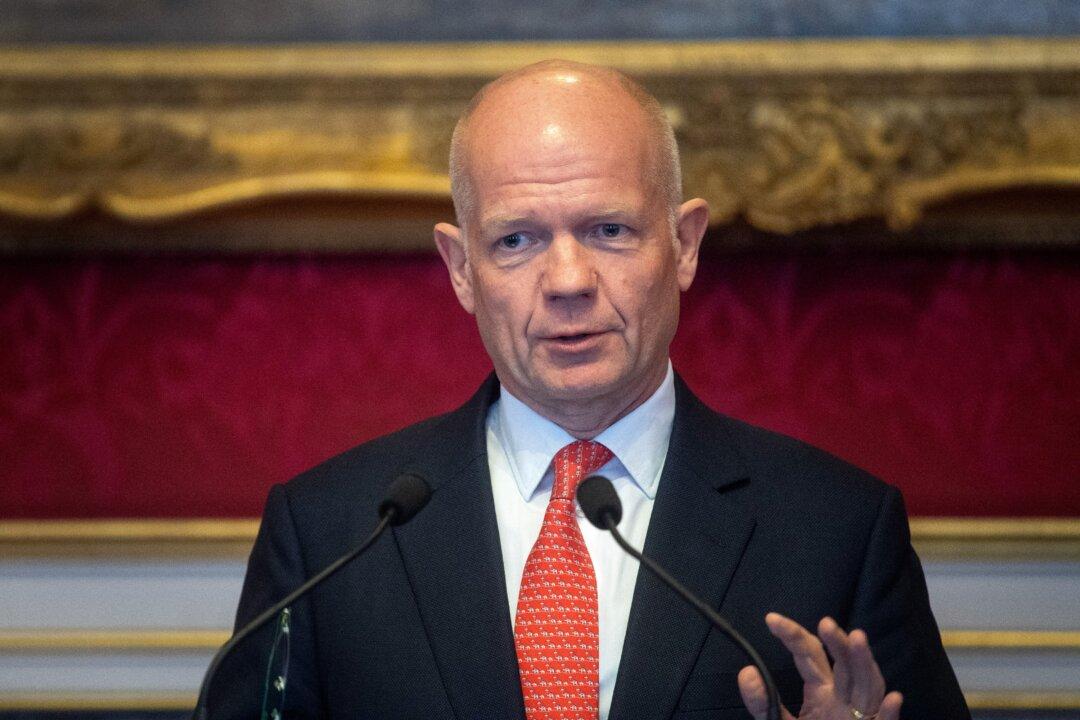Following the confidence vote, a former leader of the Conservative Party has said Prime MinisterBoris Johnson should look for “an honourable exit” to spare the party and the country further agonies and uncertainties as his position is no longer sustainable.
Johnson survived a vote of confidence within the ruling Conservative Party on Monday, with 211 MPs backing him and 148 wanting him to step down over the partygate scandal.





